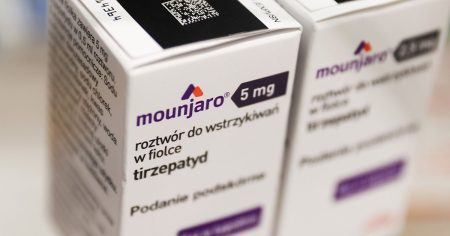A recent study suggests that even modest amounts of regular and roasted green tea may improve mental task performance. Roasted green tea, also known as houjicha, is a Japanese green tea roasted over charcoal, giving it a smoky flavor and dark brown color. Previous research has focused on long-term effects or high consumption but this study aimed to explore the acute impacts of green tea consumption on mental task performance. The study included 20 healthy adult men tasked with completing a mental arithmetic task after consuming either hot water, green tea, or roasted green tea. The findings indicated that both green tea and roasted green tea consumption significantly improved task performance and mental well-being, with roasted green tea showing anti-fatigue properties despite having lower caffeine content.
The participants in the study experienced lower tissue blood volume and near-infrared spectroscopy responses when consuming green tea or roasted green tea compared to hot water. The aromatic compounds present in green tea were found to have relaxation effects that may have contributed to the positive outcomes observed. Task performance was significantly higher with tea consumption, with roasted green tea leading to a greater improvement in response rate and task performance with a higher number of repetitions. The benefits were observed with small amounts of tea within a short timeframe, aligning with typical daily tea consumption habits.
Experts not involved in the study highlighted the role of aromatic stimulation from tea in influencing mood, relaxation, alertness, and brain activity. They noted that green tea consumption may activate the parasympathetic nervous system, leading to relaxation and reduced stress responses, ultimately enhancing task performance and reducing fatigue. Further research is needed to confirm the mechanisms behind the benefits observed in the study, particularly regarding the differences between roasted green tea and green tea.
However, there are limitations to the study, such as the small number of participants and repeated exposure to the mental arithmetic task in a single day, potentially introducing bias. Additionally, future research should explore the effects of different teas, include diverse populations, and address potential confounding factors like practice effects. Incorporating green tea or roasted green tea into one’s routine can provide numerous health benefits, but individuals should be mindful of considerations like dosage, brand selection, brewing methods, and potential interactions with medications.
Despite the challenges in assessing the overall impact on brain health, green tea consumption is advisable due to its abundance of catechins and flavonoids linked to enhanced brain health. Regular green tea, containing less caffeine than coffee or black tea, can be a suitable alternative for those looking to improve focus with lower caffeine intake. Overall, further research is needed to explore the long-term implications of green tea consumption and address potential confounding factors to provide a more comprehensive understanding of its effects on mental performance.















